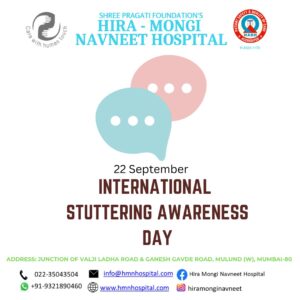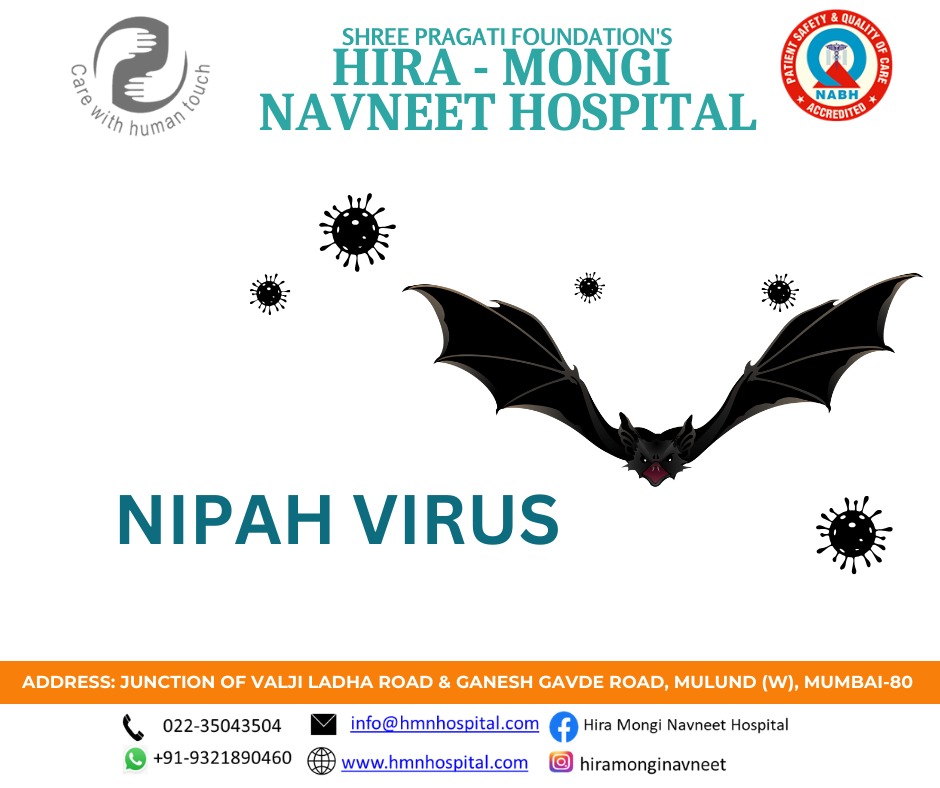INTERNATIONAL STUTTERING AWARENESS DAY
 Stuttering is a communication disorder that affects speech fluency and can cause social anxiety and low self-esteem. It often starts in childhood but can also affect adults, impacting their social and professional interactions. Stuttering Awareness Day is important in raising awareness and understanding of this disorder as many people still lack awareness and understanding of it.
Stuttering is a communication disorder that affects speech fluency and can cause social anxiety and low self-esteem. It often starts in childhood but can also affect adults, impacting their social and professional interactions. Stuttering Awareness Day is important in raising awareness and understanding of this disorder as many people still lack awareness and understanding of it.
Stuttering Awareness helps break down the stigma around stuttering and to provide support for those who stutter.
Stuttering can significantly impact someone’s life, affecting social relationships, academic success, and career opportunities. Reducing stigma and providing support is essential, which can be done by educating oneself, being empathetic and mindful of language. The exact cause of stuttering is not fully understood, but genetic and environmental factors, as well as brain malfunctions, are believed to play a role.
Some environmental factors that may contribute to stuttering include stress, trauma, reaction to medication, and other medical conditions. It is important also to notice that stuttering is not caused by anxiety or nervousness, although these can exacerbate the symptoms.
Speech therapy is the most common treatment for stuttering, and it can be customized to the individual’s needs. Speech therapy aims to help individuals develop better communication skills and increase their confidence in speaking. There are different types of speech therapy approaches, including:
- Fluency shaping: This technique focuses on reducing stuttering by modifying speech production through breathing and relaxation exercises, which can help to achieve smooth speech patterns.
- Stuttering modification: This technique focuses on recovering from stuttering episodes by helping individuals to acknowledge and accept their stuttering. The aim is to make stuttering easier by using strategies such as easy onset, pausing, and slow speaking.
- Cognitive-behavioral therapy: This technique includes psychological treatment to help individuals identify and change negative behaviors and the ways in which they process their thoughts and emotions.
- Group therapy: This type of therapy involves meeting with others who stutter to discuss common challenges and coping strategies.
- Electronic devices: There are wearable devices such as electronic earpieces that can help people stutter less by providing delayed audio, altering the auditory feedback or electronically altering signals.
It is important to remember that the success of therapy depends on many factors, including the severity of the stuttering, the motivation level of the individual, and the support system available to him/her.
We need to promote understanding, destigmatize stuttering, and create environments that are inclusive, welcoming, and supportive for people who stutter.
Remember, stuttering does not define anybody, and everyone deserves respect, understanding, and the opportunity to express themselves freely.


